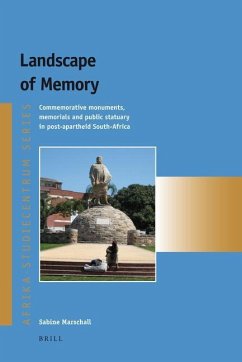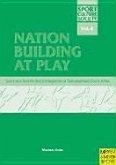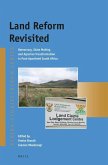Under the aegis of the post-apartheid government, much emphasis has been placed on the transformation and democratisation of the heritage sector in South Africa since 1994. The emergent new landscape of memory relies heavily on commemorative monuments, memorials and statues aimed at reconciliation, nation-building and the creation of a shared public history. But not everyone identifies with these new symbolic markers and their associated interpretation of the past. Drawing on a number of theoretical perspectives, this book critically investigates the flourishing monument phenomenon in South-Africa, the political discourses that fuel it; its impact on identity formation, its potential benefits, and most importantly its ambivalences and contradictions.








